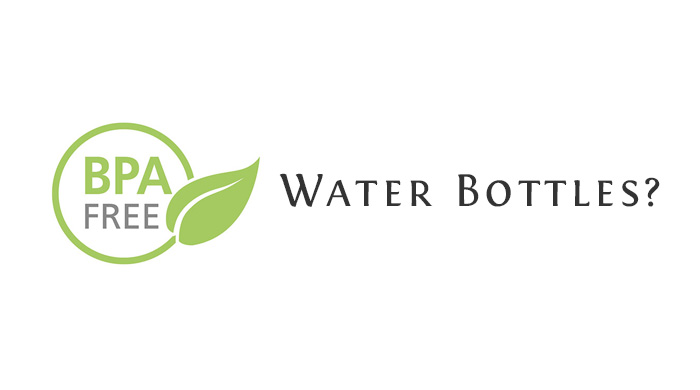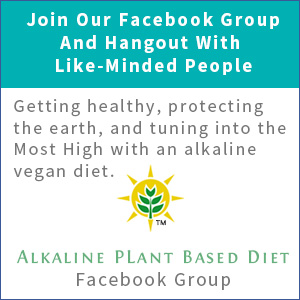Are BPA-Free Water Bottles Safe?

BPA-Free Water Bottles
BPA water bottles have a bad name and rightfully so. Are BPA-free water bottles any better or are they just an industry ploy to continue the sale of plastic water bottles? It all depends on the plastic being used.
Luckily it appears BPA-free PET and RPET plastic now used for most and if not all plastic water bottles is far safer to use than BPA bottles. You should approach the topic with caution though because not all plastic drinking an eating items are made from PET and RPET plastic.
BPA-free water bottles are preferred over BPA water bottles because BPA has been identified as an endocrine disruptor[1] that interferes with normal hormone development, brain and behavioral development, and is linked increased risk of obesity, diabetes, ADHD, heart problems, and cancer.[2]
Studies indicate infants and young children are at increased risk to BPA exposure because their bodies are still developing and are not able to efficiently remove the chemical from their bodies.
Manufacturers of plastics add the BPA (bisphenol A) chemical to their plastics to harden them, and have used BPA plastic in everyday items such as sippy cups, water bottles, dental sealants, plastic containers, and the lining of metal food and drink cans and containers.
BPA-Free Plastic
Since the dangers of BPA were exposed in 2008 plastics manufacturers looked at other means of producing plastic. Though they were able to produce BPA-free plastic not all BPA-free plastic was found to be safe.
Unfortunately some manufacturers moved away from BPA, which has been linked to breast cancer, to tristan plastic which has shown even more estrogenic activity than the BPA containing poly carbonate plastic.
Fortunately many manufacturers now use PET plastic to make soft plastic water bottles, because PET plastic was promoted as being free from estrogenic activity. A thorough examination of the studies done on PET water bottles does leave room for doubt.
BPA-Free PET plastic
Polyethylene terephthalate (PET) and recycled polyethylene terephthalate (RPET) plastic is the preferred plastic used to make BPA-free water bottles because they are marketed as being free of estrogenic endocrine disruptors. There are some questions about this conclusion though.
The first study in 2009 assessing estrogenic activity in 30 PET−bottled mineral water showed ninety percent of the samples showed no estrogen activity.3
3 studies did show estrogenic activity. One study’s water supply may have been contaminated at its source during processing. The second study showed elevated estrogenic activity in 78% of the water in single use PET bottles, but also showed increased estrogenic activity in 33% of the water in glass bottles. Multi-use PET bottle showed lower estrogenic activity than the water samples in the glass bottles. The third study revealed there might have been some contamination that introduced anti-androgen activity.
Researchers determined the three studies couldn’t be used to determine to deduce potential harm of PET plastic. Though the results of the other studies were used to support the safety of the use of PET plastic, the results of the three studies did leave room for concern for some people.
In the end the use of PET plastic was deemed to be safe, except that the BPA-free single use PET water bottles should not be reused.
It appears BPA-free PET water bottles are the safest plastic water bottles to use. Besides the study that showed increased estrogenic activity of water bottled with glass, glass and stainless steel bottles appear to be the safest ways to bottle water.
Learn more about Alkaline Spring Water And Its Effects On Your Health »
[2] The Facts About Bisphenol A
[3] ENDOCRINE DISRUPTORS: Estrogens in a Bottle?







